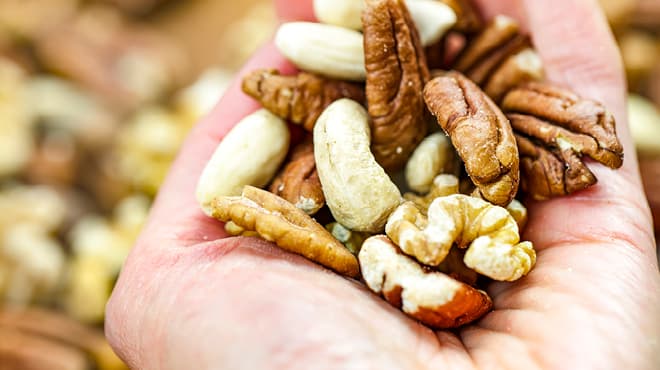How Much Protein You Need


Protein is a macronutrient that plays a vital role in many bodily functions, including muscle growth and repair, immune system function, hormone production, and more. It is essential to consume enough protein in your diet to support these functions and maintain optimal health. But how much protein do you really need? Let’s take a closer look.
Protein Needs for the Average Person
The amount of protein you need in your diet can vary depending on a variety of factors, including age, sex, weight, physical activity level, and overall health status. According to the Centers for Disease Control and Prevention (CDC), the recommended daily intake (RDI) for protein is 0.8 grams per kilogram of body weight. This means that if you weigh 68 kilograms (150 pounds), you would need approximately 54 grams of protein per day.
However, this RDI is the minimum amount needed to prevent deficiency, and it may not be enough for individuals with higher protein needs. For example, athletes or those who engage in regular, intense physical activity may need more protein to support muscle growth and recovery.
Protein Needs for Athletes and Active Individuals
The International Society of Sports Nutrition (ISSN) recommends that athletes and active individuals consume 1.4-2.0 grams of protein per kilogram of body weight per day to support muscle growth and recovery. This means that a 68-kilogram (150-pound) athlete would need between 95 and 136 grams of protein per day.
The ISSN also notes that protein needs may vary depending on the type of exercise or sport. Endurance athletes may require slightly less protein than strength athletes, for example, as endurance activities tend to be less taxing on muscle tissue.
Protein Needs for Older Adults
Older adults may also have higher protein needs to maintain muscle mass and prevent age-related muscle loss. The American Dietetic Association (ADA) recommends that adults over the age of 50 consume at least 1.0-1.5 grams of protein per kilogram of body weight per day.
Protein Sources
It is important to note that not all protein sources are created equal. Animal-based proteins like meat, poultry, fish, and dairy tend to be high in protein and contain all the essential amino acids (the building blocks of protein) that your body needs. Plant-based proteins, on the other hand, maybe lower in protein and may not contain all the essential amino acids. However, you can still get all the protein you need from a plant-based diet by consuming a variety of protein sources, including beans, lentils, nuts, seeds, and whole grains.
Conclusion
In summary, the amount of protein you need in your diet can vary depending on your age, sex, weight, physical activity level, and overall health status. While the RDI for protein is 0.8 grams per kilogram of body weight, athletes and active individuals may need more to support muscle growth and recovery, and older adults may need more to prevent age-related muscle loss. By consuming a variety of protein sources, you can ensure that you are getting all the protein you need to maintain optimal health.





